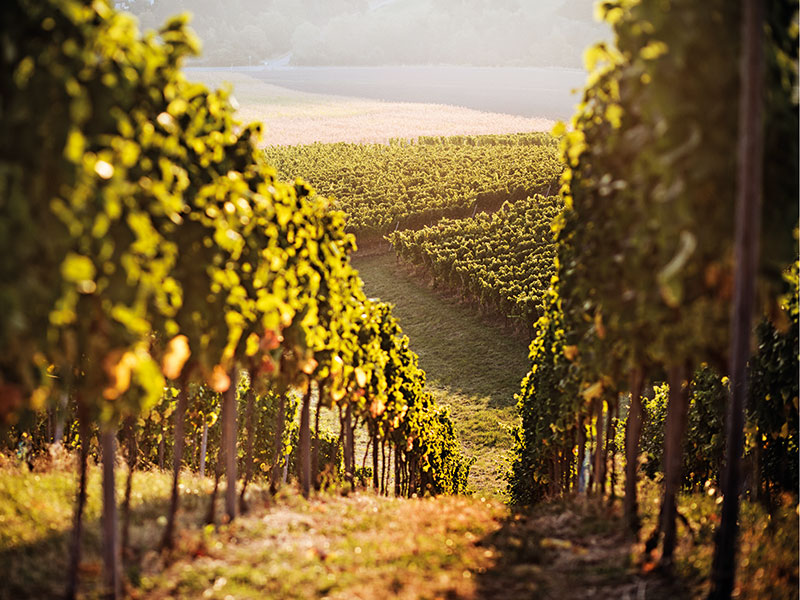The Global Wine Tourism Report 2025, based on responses from 1,310 wineries across 47 countries, found that 88% currently offer some form of wine tourism activity, most commonly tastings (79%), cellar tours (68%) and vineyard tours (61%).
Visitor growth and demographics
The report records a median of 1,500 visitors per winery each year, with domestic tourists making up 65% of total visitors. While most wineries report stable or rising visitor numbers, 43% of European producers saw growth over the past year compared to 28% of those overseas.
The largest visitor segment is aged 45–65 (82%), followed by 25–44 (59%), while only 2% of wineries report guests under 25, suggesting ongoing challenges in engaging younger audiences.
Investment and innovation on the rise
More than half of wineries (51%) plan to invest further in wine tourism, and 73% expect their wine tourism activities to grow in the future. The study also found that 78% of wineries collaborate with other organisations to enhance experiences.
 Re-exportation reshaping global wine trade
Re-exportation reshaping global wine trade
Innovation remains a clear focus: wineries widely agree that “being innovative gives a competitive edge” (mean rating 3.9 on a five-point scale). However, actual investment in developing new experiences is moderate (3.5). The most common innovations include authentic local storytelling (65%), greater use of social media (59%) and food and wine pairing experiences (58%).
Profitability, challenges and sustainability
Wine tourism contributes an average of 25% of total winery revenue, rising to 32% in non-European wineries. Key challenges identified include economic pressures (51%), decreasing consumption (51%), and changing consumer preferences (40%).
Sustainability continues to gain ground: 67% of respondents said it is important or very important for their wine tourism business, and 61% expect it to become even more significant within five years.
Outlook
Overall, 68% of wineries believe wine tourism will grow in their region, and more than 60% see it as a valuable tool in times of crisis. As the report concludes, wine tourism “plays a key role in diversifying rural economies, creating jobs, and supporting local communities” — and, according to these latest findings, its momentum shows no sign of slowing.















